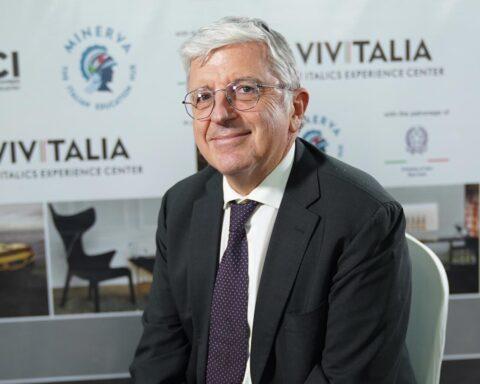The World Health Organization (WHO) revealed new information on the extent of tobacco damage to the environment and human health, calling for measures to hold the tobacco industry more responsible for the damage it causes.
Every year, the tobacco industry kills more than 8 million people around the world, destroys 600 million trees, occupies 2,00,000 hectares of land, consumes 22 billion tonnes of water, and emits 84 million tonnes of carbon dioxide.
Most tobacco is grown in low- and middle-income countries. Those countries desperately need water and farmland to produce the food their regions need, yet water and farmland are being used to grow the deadly tobacco plant, while more and more forests are being cleared.
The WHO report, “Tobacco: poisoning our planet” states that from production, and processing to transport, the tobacco industry’s carbon footprint is equivalent to one-fifth of the carbon dioxide produced by commercial aviation every year, further contributing to global warming.
“Tobacco products are the most indiscriminately discarded litter on the planet, containing more than 7,000 toxic chemicals that seep into our environment when tobacco products are discarded. About 4.5 trillion cigarette filters pollute our oceans, rivers, cities, and cities every year. sidewalks, parks, soil and beaches,” said Dr Ruediger Krech, Director of WHO’s Department of Health Promotion.
Products such as cigarettes, smokeless tobacco and e-cigarettes also contribute to the accumulation of plastic pollution. Cigarette filters contain microplastics, which constitute the second largest form of plastic pollution in the world.
No matter how the tobacco industry markets it, there is no evidence that filters have any health benefits. WHO is calling on policymakers to put cigarette filters, a single-use plastic product, into perspective, and to consider banning cigarette filters to protect public health and the environment.
The cost of cleaning up discarded tobacco products is borne by taxpayers, not by the tobacco industry as the perpetrator. Annual cleanup costs in China are around $2.6 billion and in India around $766 million. Cleanup costs in Brazil and Germany exceeded $200 million (see the table below for further estimates).
Countries like France and Spain and cities like San Francisco, California, in the United States have taken a stand. On the polluter-pays principle, they successfully implemented the Extended Producer Responsibility Act, making the tobacco industry responsible for cleaning up the pollution it causes.
WHO urges countries and cities to follow their example, support tobacco farmers to switch to sustainable crops, impose high tobacco taxes (which can also include environmental taxes), and provide smoking cessation support services.

























